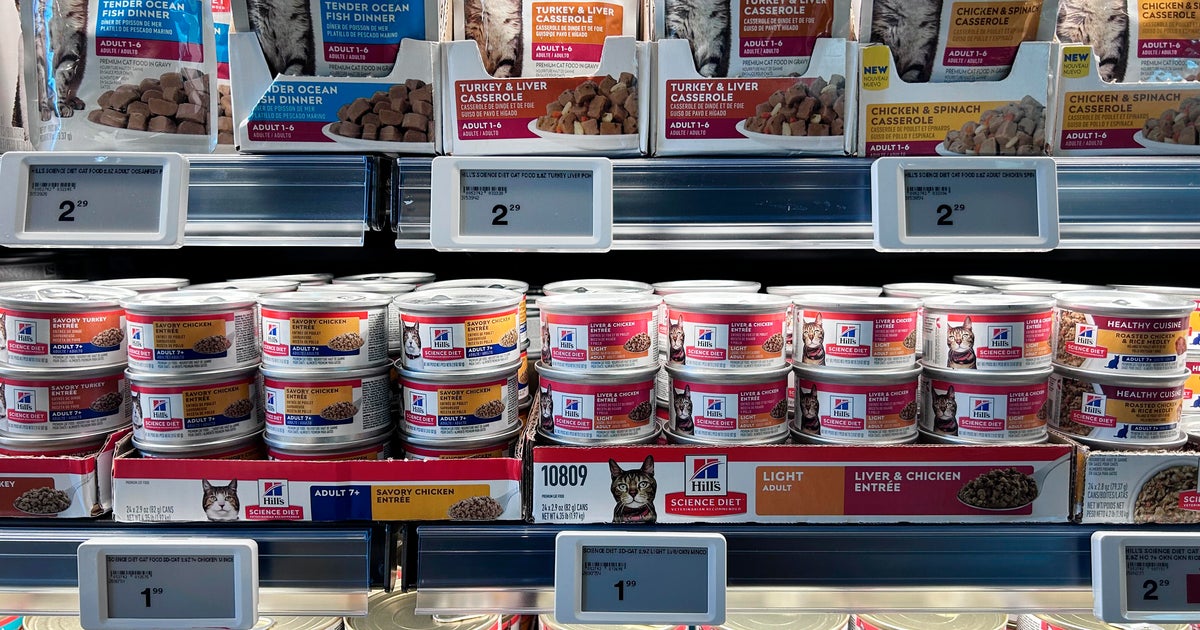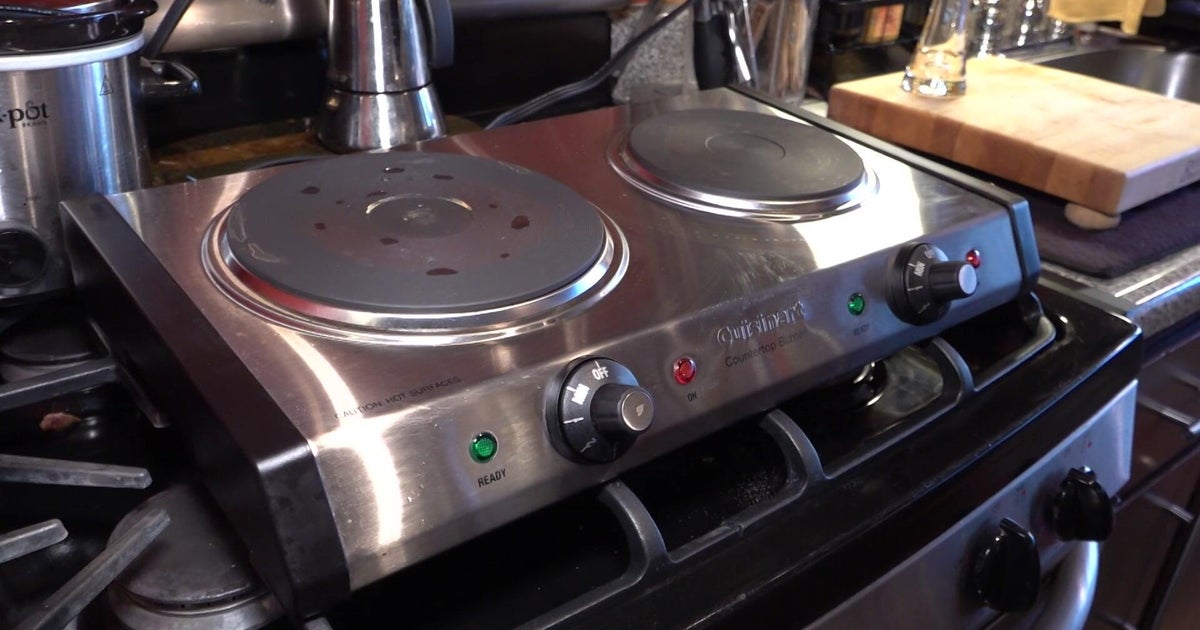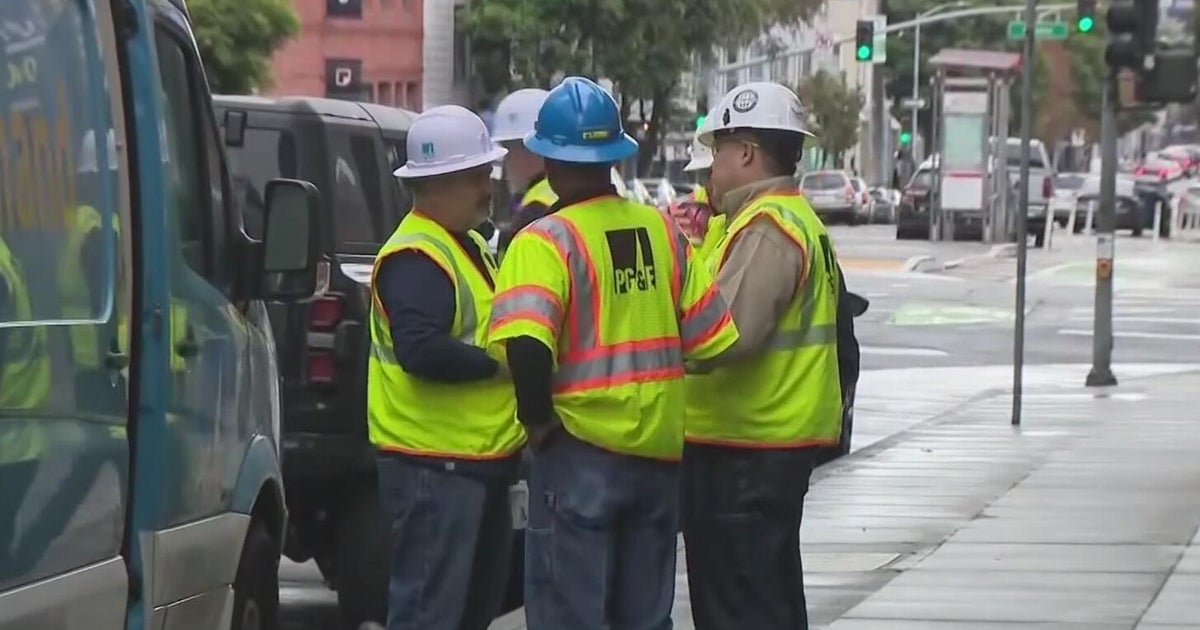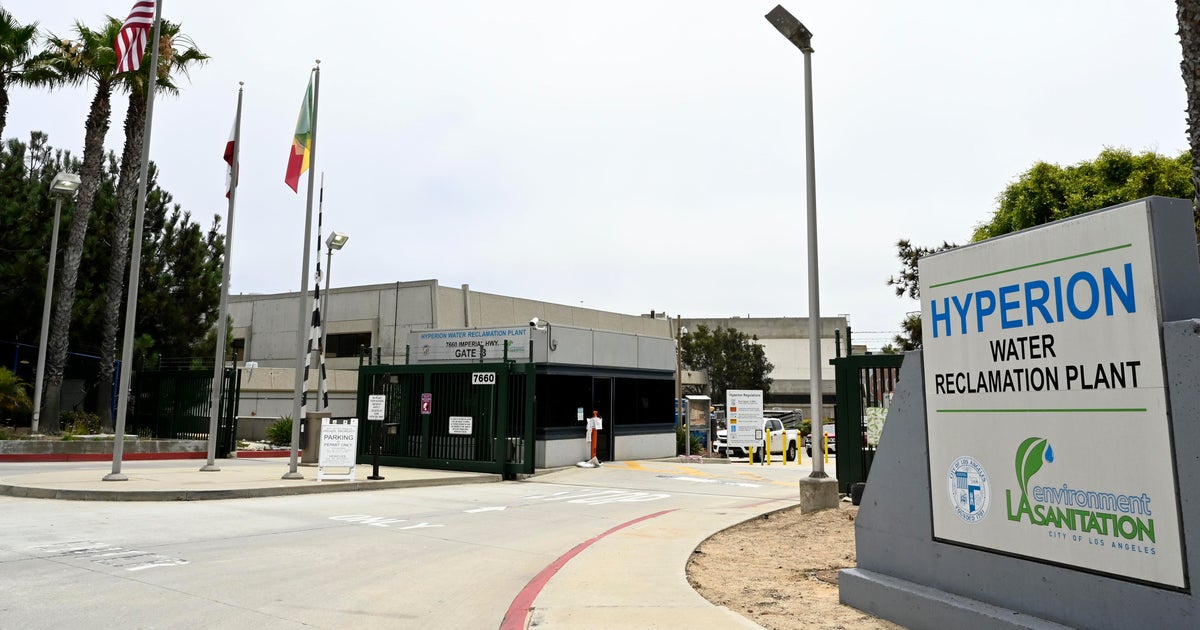Frustrated Tri-Staters Grow Weary Of Rising Prices For Gas, Groceries
NEW YORK (CBSNewYork) -- It's not just pain at the pump that's causing frustration in the Tri-State Area. After 35 straight days of rising gas prices, the checkout lane will soon become more painful as well.
Manufacturers are charging more for everyday items, because they're paying more for gas – as much as $5 per gallon.
From fruits and vegetables to meat, the price for groceries is going up. Paper products, from diapers to tissues and toilet paper, are also going to see price increases, reports CBS 2's Kristin Thorne.
"Food prices, they're ridiculous," one resident said.
While it appears that there's no end in sight for gas price hikes for Tri-State drivers, those spikes are also affecting manufacturers, who are passing the increased costs to consumers.
Many locals, like Chuck Plourde, have noticed that their weekly grocery bills are ballooning.
"But you've got to have it – got to have food," Plourde said.
The USDA said the price for meat is going to be six to seven percent higher than it was last year. Two companies that make diapers, toilet paper and paper towels warned this week that they're raising prices.
Economists said much of it has to do with the price of fuel.
"Energy costs are higher, and that increase in energy costs gets added to the price," John Lonski, chief economist at Moody's, said.
The surging prices caused some to alter their shopping lists, leaving off some of the more expensive items.
"Do I really need those berries?" one shopper said.
Most people wouldn't think that buying local and organic could save money, but it turns out that rising gas prices have changed that. Vendors at some local farmer's markets said that unlike the big distributors, they don't have to add a fuel surcharge to their food.
"It was pretty good. It was definitely cheaper than the grocery store," a shopper said.
"They're surprised sometimes – when I tell them this is $4, or $4.50, or $2, they say, 'oh, good prices,'" Quetsy Perez, of Meredith's Bread, said.
There could be some good news to come out of the increased costs, however. Lonski said he believes that food prices will begin to drop over the summer, as vendors will be forced to cut their prices as shoppers stop spending.
Whether it's shopping around for the cheapest gas or looking for a bargain at the grocery store, local residents said that everyone is becoming more mindful of their budgets.
Meanwhile, some Tri-State residents said they were trading in their keys for ticket stubs.
NJ Transit commuter Amy Haber told CBS 2's Jay Dow that the train ride was "much more relaxing" and allowed people kick back with a good book.
While many mass transit commuters were able to save money by not using their cars, they also have to deal with longer commutes in most cases.
"It's about three hours a day," said commuter Steven Taub, adding that "time is money."
Frustrated? Please offer your thoughts in the comments section below.







